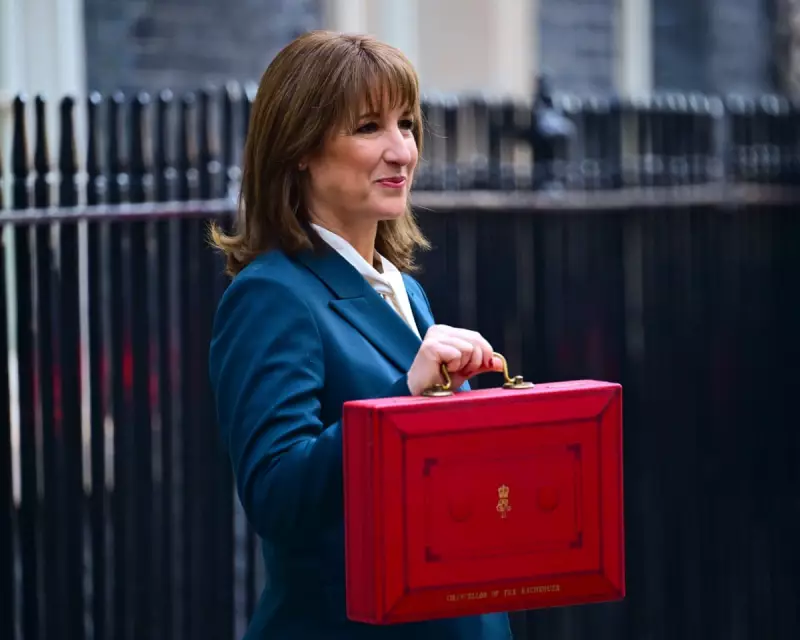
Chancellor Rachel Reeves has presented her first budget to the House of Commons, an event immediately overshadowed by a significant pre-emptive leak from the Office for Budget Responsibility (OBR). The independent fiscal watchdog accidentally published its full assessment of the budget's impact ahead of the official statement, a move Shadow Chancellor Mel Stride labelled as "outrageous".
In her opening remarks, Chancellor Reeves addressed the blunder directly, calling it "deeply disappointing" and a "serious error on their part". She swiftly moved to outline her government's economic vision, pledging a decisive break from the past. "We are rebuilding our economy," she declared, pointing to new trade deals, planning reforms, and a visa system overhaul.
Reeves firmly restated her core pledges, emphasising there would be no return to austerity and that her government was committed to cutting the cost of living while managing debt and borrowing. She also highlighted that taxes on the wealthiest had been used to help close a £22bn "black hole" in the public finances inherited from the Conservatives and to fund the NHS.
Economic Forecasts and Fiscal Figures
The prematurely released OBR documents provided a detailed look at the UK's economic trajectory. The forecast for growth this year has been upgraded to 1.5%, up from the 1% predicted in March. However, the outlook for subsequent years is less rosy, with every year from 2026 seeing a downgrade. Growth is now expected to be 1.4% in 2026 and 1.5% thereafter until 2030, lower than previous projections.
Inflation is also projected to run slightly hotter than previously thought, coming in at 3.5% this year compared to a March forecast of 3.2%. It is then expected to be 2.5% in 2026 before settling at the Bank of England's 2% target.
On the public finances, government borrowing is set to be higher than forecast in the short term. Borrowing for 2024/25 is now £5.1bn, up from the £4.8bn predicted in March. This pattern of higher-than-expected borrowing continues for the next few years before beginning to fall.
Tax Changes and Sector-Specific Measures
In a move that will be welcomed by millions of motorists, the Chancellor announced a further freeze on fuel duty. The rate will remain frozen for at least another five months, until September 2026, continuing a policy that has been in place since 2010-11. After this period, the temporary 5p cut introduced in 2022 will start to be phased out.
One of the most significant revenue-raising measures came as a shock to the gambling industry. The budget revealed a substantial increase in the remote gaming duty (RGD) for online casinos, which will rise from 21% to 40% from April 2026. This change, aimed at raising £1.1bn by 2029/30, caused shares in gambling firms to plunge even before the Chancellor began her speech.
The government acknowledges that the figure could be higher, but expects some behavioural changes from consumers, including betting less or moving to illicit markets as operators pass on the cost through less attractive bonuses and odds. In a contrasting move, the 10% bingo duty has been abolished. A new, higher online-only rate of general betting duty of 25% will also be introduced for sports betting, with an exemption for horse racing.
This first budget from the new Chancellor sets the fiscal direction for the coming years, balancing growth ambitions with the realities of the public finances, all while navigating the fallout from an unprecedented official leak.





